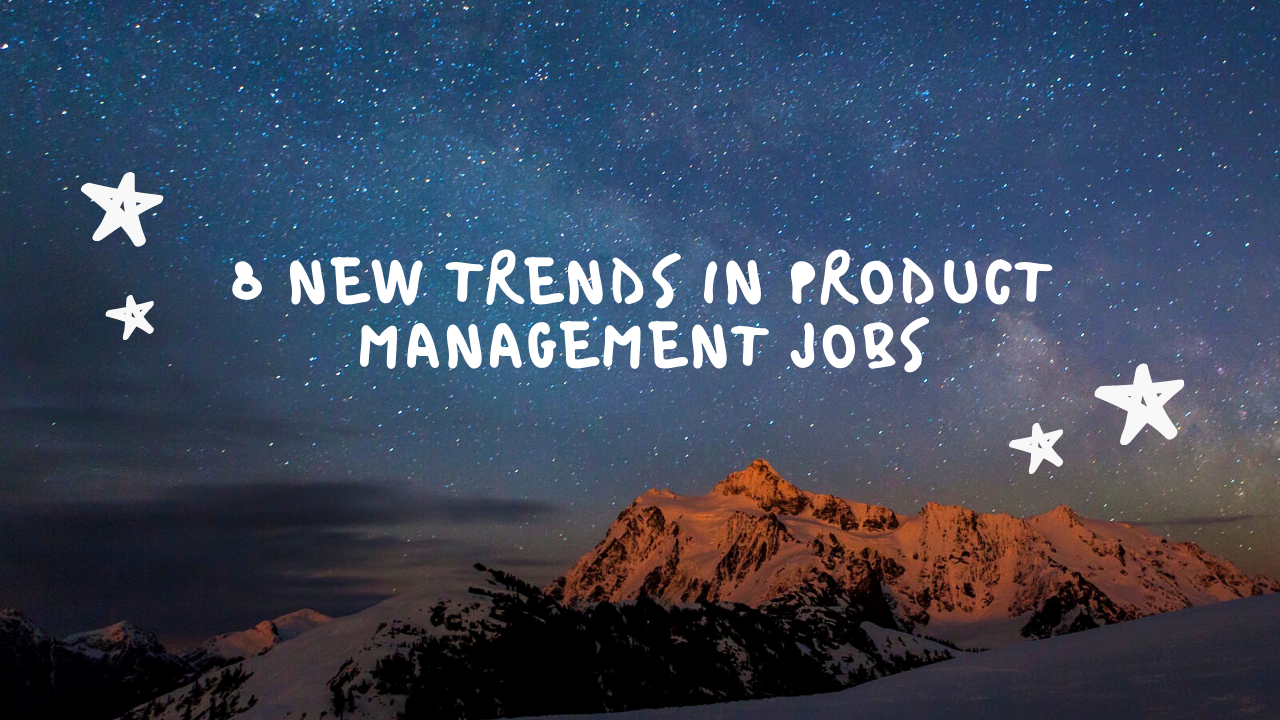Six Product Development Mistakes That Slow Teams Down
What product managers should do instead.
This article is based on “The Principles of Product Development Flow” by Donald Reinertsen, and my experience following his principles.
Using Reinersten’s principles, these are what I think are six common mistakes Product Development teams make:
- They often do not use a useful metric for prioritizing projects (Hint: there is one that works better than most others)
- They do not make decision principles readily accessible by everyone
- They try to maximize utilization instead of optimizing outcomes
- They try to minimize variability without understanding the implications
- They minimize disruptions rather than reducing total work in progress
- They don’t clarify what role each person plays in product development and how to leverage them best
1. The importance of prioritizing projects
If you asked most teams what is most important to them, th
...













